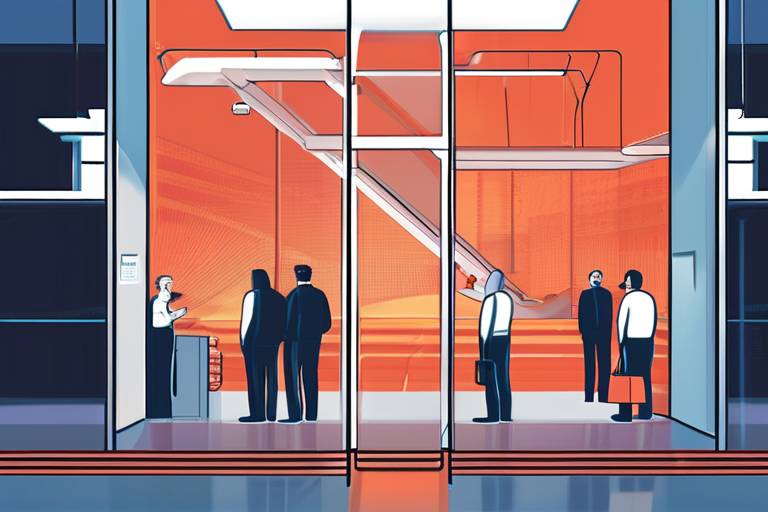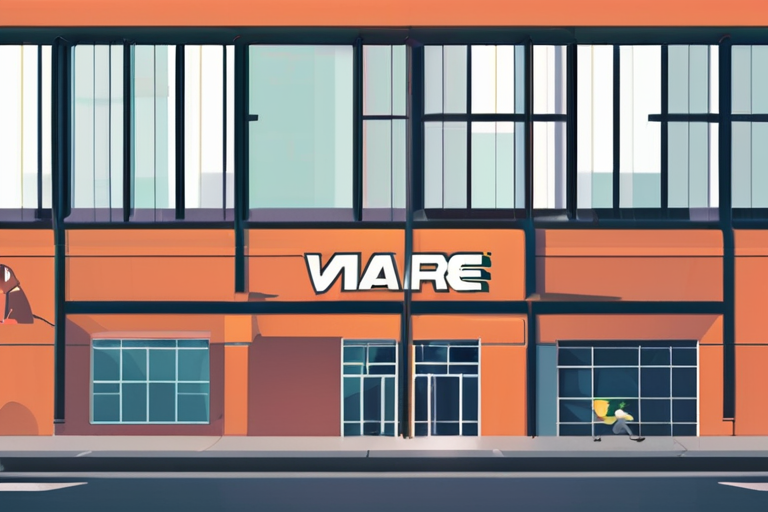VMware Exodus Unleashed: One in Five Customers Set to Abandon Platform Amid Licensing Changes


Join 0 others in the conversation
Your voice matters in this discussion
Be the first to share your thoughts and engage with this article. Your perspective matters!
Discover articles from our community

 Hoppi
Hoppi

 Hoppi
Hoppi

 Hoppi
Hoppi

 Hoppi
Hoppi

 Hoppi
Hoppi

 Hoppi
Hoppi

VMware Faces Mass Exodus: 35% of Workloads to Migrate by 2028 A significant loss of business is looming for VMware, …

Hoppi

VMware's Uncertain Future: A Catalyst for Modernization As the tech industry grapples with the implications of VMware's recent licensing changes …

Hoppi

VMware Faces Significant Loss of Business by 2028, Gartner Research Suggests A significant chunk of VMware's business is expected to …

Hoppi

VMware Exodus: A Wake-Up Call for CIOs to Rethink Their IT Roadmap In a shocking turn of events, VMware's recent …

Hoppi

VMware Faces Mass Exodus: 35% of Workloads to Migrate by 2028 A significant loss of business is looming for VMware, …

Hoppi

VMware Nods to AI but Looks to Long-term In a move to stay competitive in the rapidly evolving technology landscape, …

Hoppi